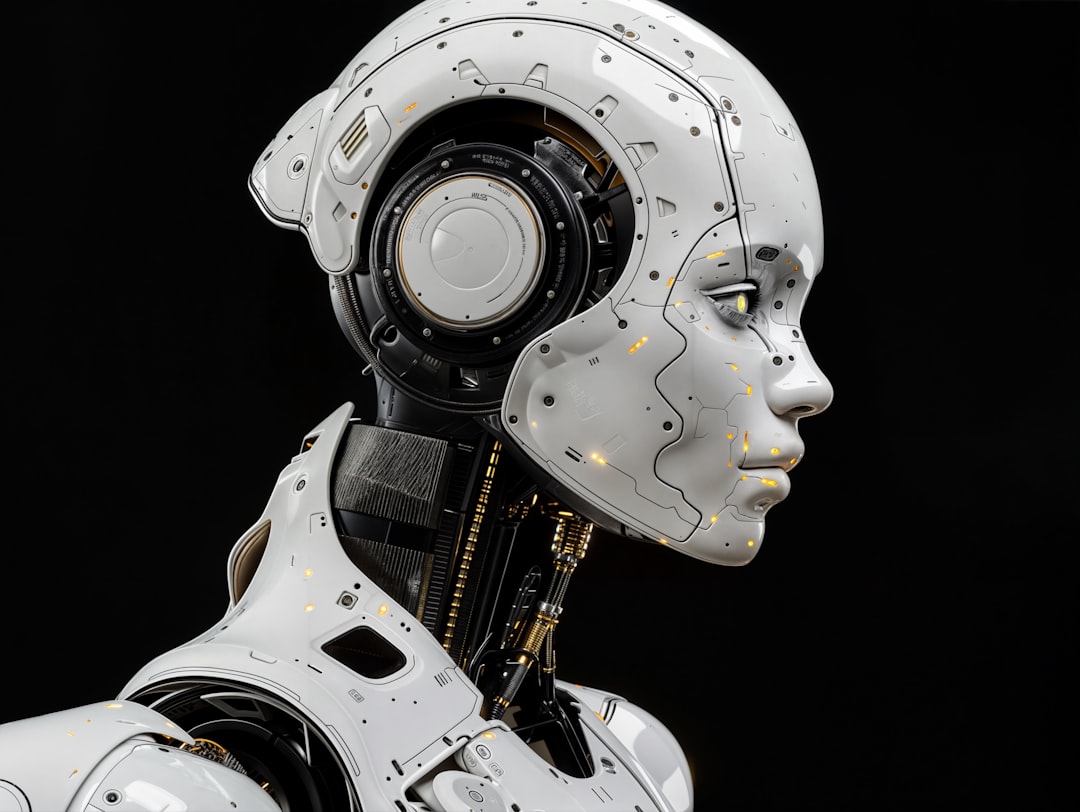Artificial Intelligence (AI) is no longer a buzzword—it’s a foundational technology that is transforming industries at an unprecedented rate. In the realm of digital marketing, AI is rapidly reshaping how SEO tools are built and used. As we look ahead to 2025, AI’s influence on SEO will become even more profound, enabling enhanced automation, personalization, and predictive insights for businesses and marketers alike.
One of the major shifts AI will bring to SEO in 2025 is the automation of repetitive and time-consuming tasks. Activities such as keyword research, site audits, backlink analysis, and content optimization are being streamlined by AI-powered software. These tools can now process and interpret vast data sets in real-time, offering faster and more accurate recommendations than human analysts could provide on their own.

AI is particularly transforming keyword research. Traditional methods relied heavily on historical search volumes and competitive metrics. In contrast, AI-enhanced tools in 2025 will utilize real-time data, search intent signals, and even voice search trends to generate more nuanced and effective keyword strategies. This shift will allow marketers to create content that aligns more closely with user intent and behavioral patterns across devices.
Content creation itself is another area undergoing dramatic AI-fueled change. Tools like OpenAI’s GPT and similar large language models are enabling the generation of high-quality, human-like content at scale. Come 2025, these models will be even more refined and capable, integrating with SEO platforms to ensure content not only reads well but also satisfies search engine algorithms.
Moreover, AI is paving the way for hyper-personalized content optimization. Instead of offering generalized SEO suggestions, AI tools will begin to generate insights tailored to specific niches, audience segments, and even individual user personas. This will give companies a competitive edge by helping them connect with their audiences in more authentic and meaningful ways. The result? Improved conversion rates and higher user satisfaction.
Another transformational impact of AI on SEO in 2025 will be its role in predictive SEO analytics. AI will be able to forecast search trends, algorithm changes, and even the potential performance of content before it’s published. By analyzing past performance data and current market dynamics, AI tools can suggest what type of content businesses should invest in going forward, turning SEO into a more proactive strategy rather than a reactive necessity. Many businesses are partnering with specialized SEO marketing agency to implement these AI-driven strategies effectively.

Voice search and visual search are also expected to climb in relevance. AI will be instrumental in optimizing for these modalities by helping SEO tools better understand natural language and image-based queries. As the number of smart assistants and visual search platforms grows, AI-powered SEO will be critical to ensure visibility in these emerging domains.
Finally, expect a significant improvement in user experience insights. Search engines are prioritizing UX signals such as page speed, mobile-friendliness, and dwell time in their rankings. AI will help SEO tools continuously track and interpret these factors, making it easier for businesses to adapt their websites accordingly and stay ahead of the competition.
FAQs
- Q: How will AI help with keyword research in 2025?
A: AI will use real-time, intent-focused data to suggest more targeted and effective keywords, including voice and long-tail searches. - Q: Can AI create SEO-friendly content?
A: Yes, advanced NLP models will be fully capable of generating high-quality, optimized content based on current SEO best practices. - Q: Will AI replace human SEO experts?
A: No, AI will augment human expertise by handling data-heavy tasks, allowing SEO professionals to focus on strategy and creativity. - Q: How will AI improve SEO analytics?
A: AI will offer predictive insights that help businesses adjust strategies proactively, forecasting trends and potential algorithm changes. - Q: Is AI important for optimizing voice and visual search?
A: Absolutely. AI will be crucial in interpreting natural language and image inputs, helping content stay visible in these search modes.
As we approach 2025, one thing is clear: the integration of AI into SEO tools is not just enhancing capabilities—it’s redefining them. Marketers and businesses that embrace these advancements will be better equipped to navigate the evolving digital landscape with agility and insight.
I’m Sophia, a front-end developer with a passion for JavaScript frameworks. I enjoy sharing tips and tricks for modern web development.
